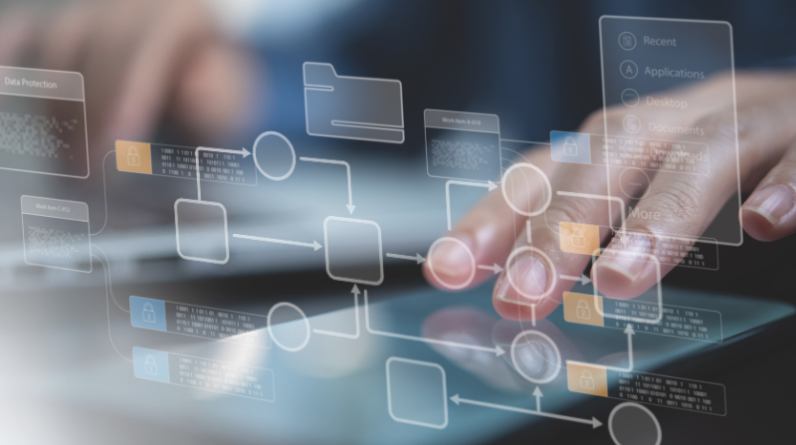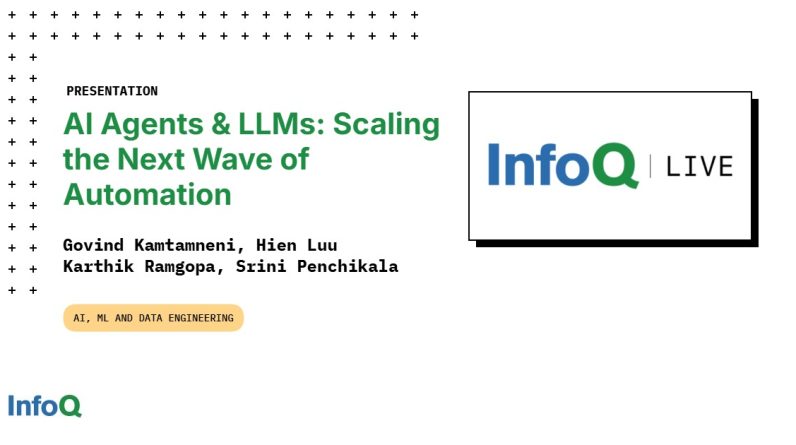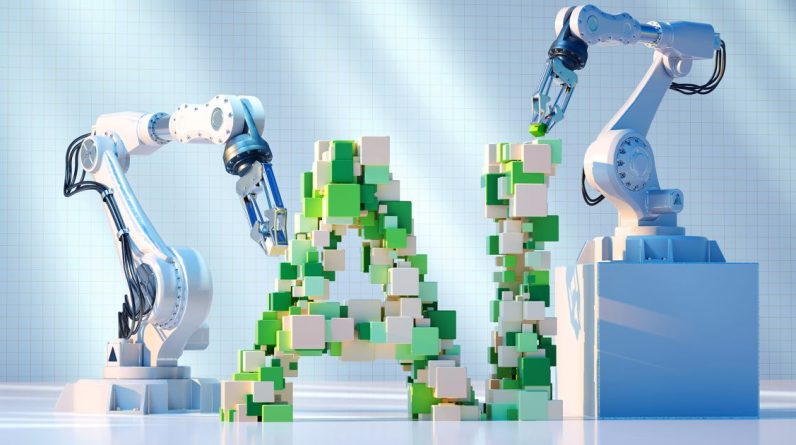LinkedIn — the Microsoft-owned social platform for those networking for work or recruitment — is now 21 years old, an aeon in the world of technology. To stay current with what the working world is thinking about most these days, and to keep its nearly 1 billion users engaging on its platform, today the company is unveiling a string of new AI features spanning its job hunting, marketing and sales products. They include a big update to its Recruiter talent sourcing platform, with AI assistance built into it throughout; an AI-powered LinkedIn Learning coach; and a new AI-powered tool for marketing campaigns.
The social platform — which pulled in $15 billion in revenues last year, it tells me — has been slowly putting in a number of AI-based features across its product portfolio. Among them, back in March it debuted AI-powered writing suggestions for those penning messages to other users on the platform. And recruiters have also been seeing a series of tests around AI-created job descriptions and other features this year. This latest raft of announcements is building on that.
For some context, LinkedIn is not entirely new to the AI rodeo. It has, in fact, been a heavy user of artificial intelligence over the years. But until recently most of that has been out of sight. Ever been surprised (or unnerved) at how the platform suggests connections to you that are strangely right up your street? That’s AI. All those insights that LinkedIn produces about what its user base is doing and how it’s evolving? That’s AI, too.
“In one way or another, AI powers everything at LinkedIn,” senior engineer Deepak Agarwal wrote back in 2018. (He’s still at the company.)
What’s changed now is the world: AI has become a mainstream preoccupation, led in no small part by the advances of OpenAI and the evolution of services like ChatGPT, which let everyday people have a direct experience of how to use a computer brain to do work faster that they might have tried previously to do themselves.
And what’s also changed is that LinkedIn — which has in the past built a lot of its own AI tooling for all those back-end operations — is now leaning out. The company, which was acquired by Microsoft some years ago, is tapping tech from OpenAI and Microsoft to power a number of its new features, it confirmed to me.
OpenAI, as you know, is 49% owned now by Microsoft, which made a big investment of $13 billion in the company earlier this year. That’s been a very strategic stake, which has seen Microsoft infuse a number of its own products with OpenAI tech. While VP of engineering Erran Berger tells me that the company will continue to evaluate what tech it uses, and whether it will build its own Large Language Models and other AI products, for now LinkedIn is going to tap its parent company and its parent’s prime investment.
Here is a quick rundown of all that is new:
Recruiter 2024 is a new AI-assisted recruiting experience, LinkedIn says. It will use generative AI to help recruitment professionals come up with better search strings to surface stronger candidate lists. Specifically, as you have seen in searches like ChatGPT, recruiters will now be able to use more conversational language to hone in on who they hope to find. It will also mean that search results will also have more suggestions outside of what recruiters might think they are looking for.
LinkedIn Learning will be incorporating AI in the form of a “learning coach” that is essentially built as a chatbot. Initially the advice that it will give will be trained on suggestions and tips, and it will be firmly in the camp of soft skills. One example: “How can I delegate tasks and responsibility effectively?” The coach might suggest actual courses, but more importantly, it will actually also provide information, and advice, to users. LinkedIn itself has a giant catalogue of learning videos, covering both those soft skills but also actual technical skills and other knowledge needed for specific jobs. It will be interesting to see if LinkedIn extends the coach to covering that material, too.
Marketing will also be getting an AI boost, specifically with a new product called Accelerate. While marketing and marketers have increasingly taken on technical expertise, this is an interesting shift. The idea, again, will be to let people run campaigns on LinkedIn more easily bypassing that heavy lift. One drawback is that Accelerate is limited to campaigns and data from within the LinkedIn walled garden. Given that marketing campaigns typically extend across multiple platforms and audiences, users might find the impact of the new tool limited.
Lastly, Inside Sales and selling to B2B audiences is also getting the AI treatment. This is a somewhat emerging area on LinkedIn, where sales people who are focused on B2B selling leverage LinkedIn to find new customers or to connect more tightly with those that are already in their networks. The new AI feature will be a search function to help find those potential connections then more easily and enter conversations with those leads. Given that AI sales of this kind are well established in the world at large — I’ve even heard VCs complain that they can’t consider “yet another AI sales startup” — this seems somewhat overdue for LinkedIn to add.






